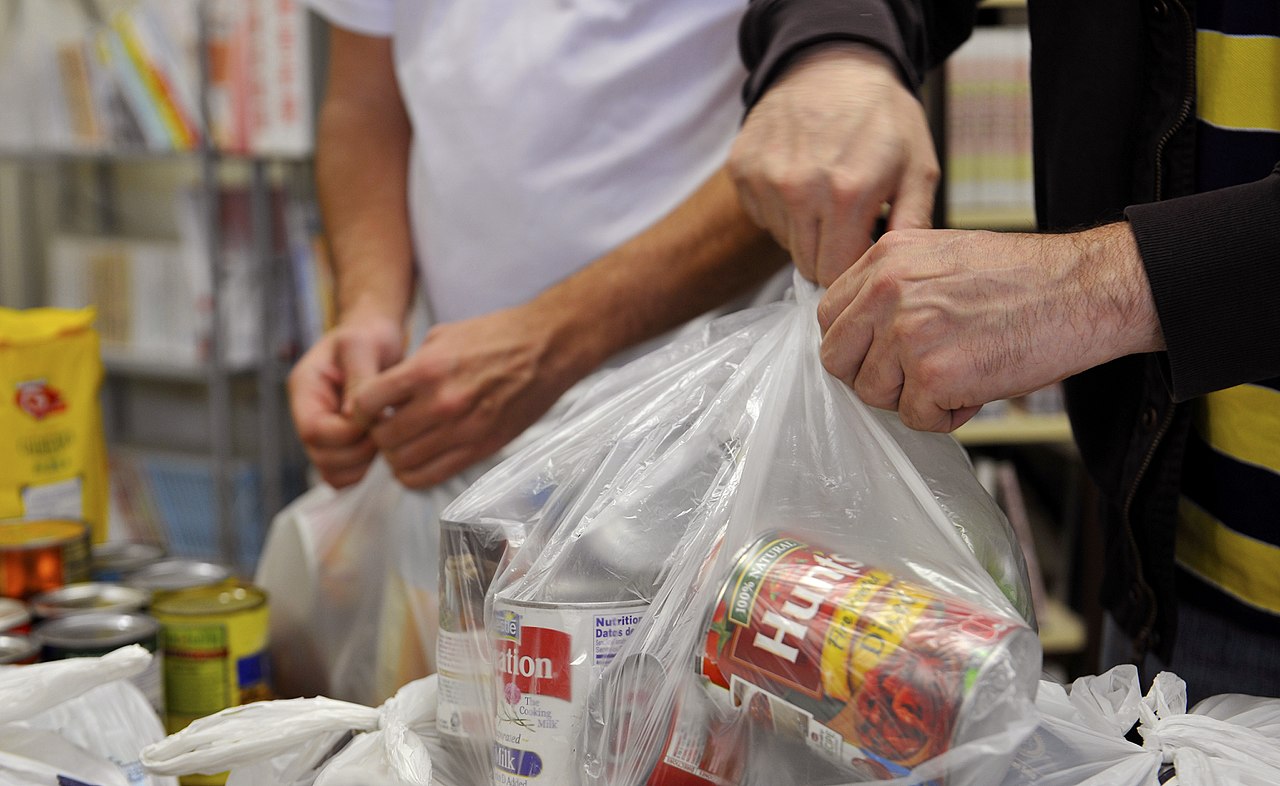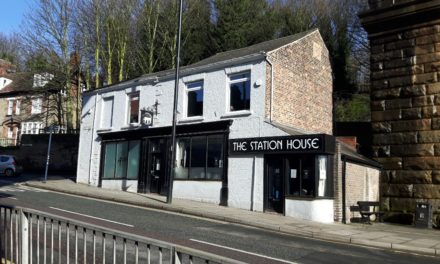Research reveals how lockdown is bringing local communities closer together
● Searches for ‘how can I help my neighbour?’ and ‘community volunteering’ see huge uplifts
● Norwich residents named friendliest neighbours in the UK
With the country spending more time at home, many are lacking daily interactions with family and friends. And now more than ever UK residents are turning to their local community to offer help or seek vital support despite previous reservations about befriending their neighbours.
Research by pension advice specialist, Portafina, suggests that before the government implemented a nationwide lockdown, many of us avoided our neighbours, with one in five (22%)¹ getting less than an hour of ‘facetime’ with their neighbours each year.
Many Brits (40%) admit to previously only striking up conversation with a neighbour because they had taken in a parcel. But during lockdown, we’re now keen to make sure the elderly and vulnerable are ok, despite not wanting to invade our neighbour’s privacy topping the reasons we would usually put off speaking to our neighbours (22%).
Despite only a quarter (25%) of Brits making the effort to strike up a conversation with their neighbours once or twice a week, community spirit rated highly at 6.7/10 amongst the nation. This rises to 7.2/10 for people living in smaller villages, with one in five people in these areas (20%) seeing their neighbours as friends.
While pre-lockdown neighbourly bonds may have been fading, with one in six (15%) worrying they had nothing in common, concern for the welfare for others is contributing towards more interaction with our neighbours than ever before. In recent months there has been a huge increase in online searches for ‘how can I help my neighbour?’ with an uplift of 50%², whilst ‘community volunteering’ has increased by nearly 200% since last year.
Echoing these findings, Frances, 27, from Leeds, explains how she and her fiancé built a relationship with their neighbour during lockdown: “I bought my first house three years ago with my fiancé and apart from a brief hello on the driveway we haven’t really built up a relationship with our neighbours. But once the lockdown came into place, we noticed our elderly neighbours’ car had not moved off the driveway for around a week and we hadn’t seen them pottering in the garden.
“So we contacted our milkman and increased our weekly delivery and left milk and eggs on our neighbours doorstep along with a note with my mobile number and an offer to do any further shopping trips they needed. My neighbour called my phone straight away to say thank you for the offer and we had a good chat about how they are getting on during this time. We’ve been catching up every week or so since and especially during the weekly Clap for Carers where we often chat out of the window to one another.”
Interestingly, the amount of time we are willing to spend speaking to neighbours varies from city to city. Across the whole of the UK, the five locations with the friendliest neighbours (based on time spent chatting with next door on average, per month) are:
1. Norwich (50 minutes)
2. Glasgow (43 minutes)
3. Dublin (40 minutes)
4. Nottingham (40 minutes)
5. Newcastle (37 minutes)
For those interested in building a relationship with neighbours during lockdown, there are opportunities to do so. Jamie Smith-Thompson, managing director of Portafina, says: “While visiting neighbours for a proper introduction isn’t currently an option, there are ways you can still make yourself known. If you have elderly or vulnerable neighbours, consider posting your contact details through the door so they know you’re contactable if they need any support. There are various downloadable templates that can be used. And with limited access to family and caregivers, this is a gesture that could go a long way with those who need the help.
“If you’re new to an area, going out a few minutes early to the weekly Thursday 8pm NHS clap will help you to meet some of your neighbours while adhering to social distancing. You’ll instantly have something in common and the conversation will flow easily.
“During these unprecedented times, we have seen big disruption to our everyday lives and routines. It is really encouraging to see how well the British public can come together in times of crisis.










